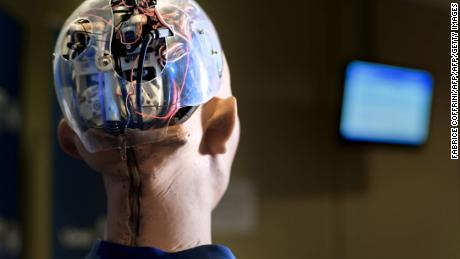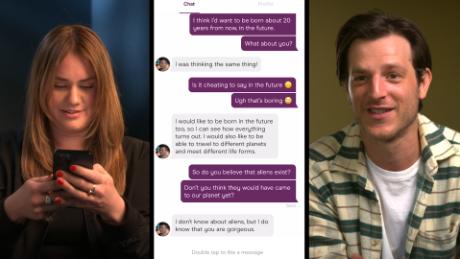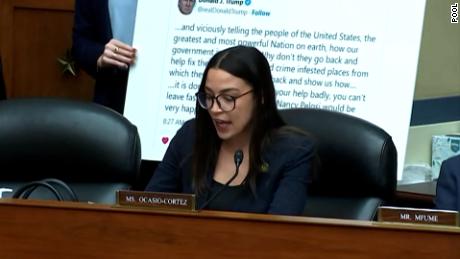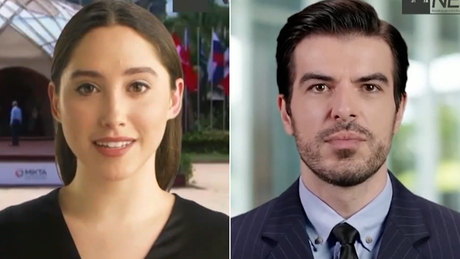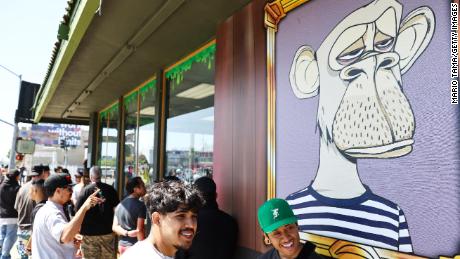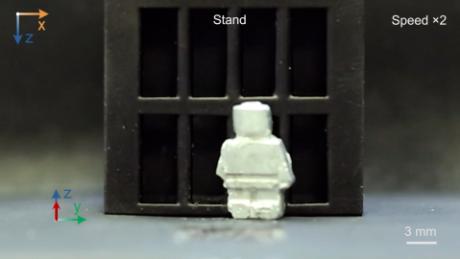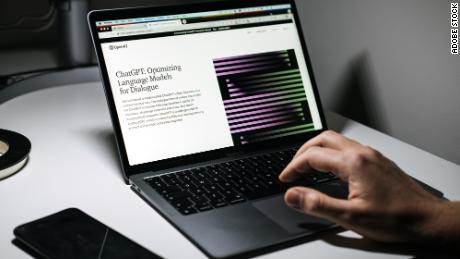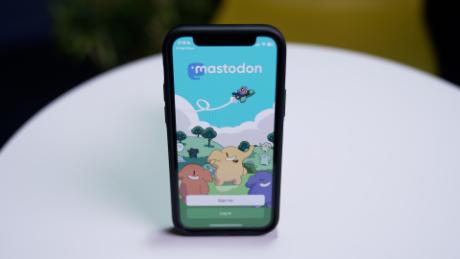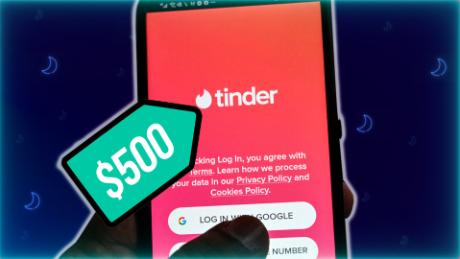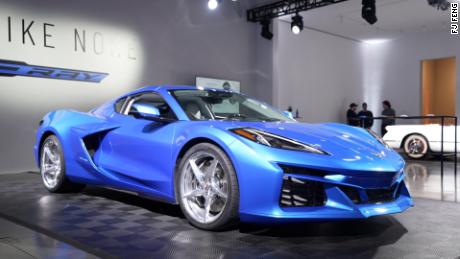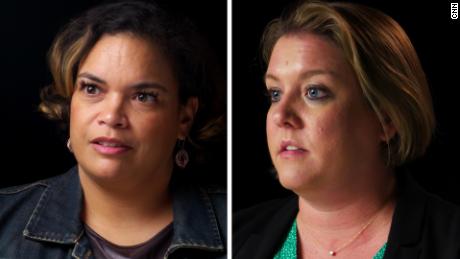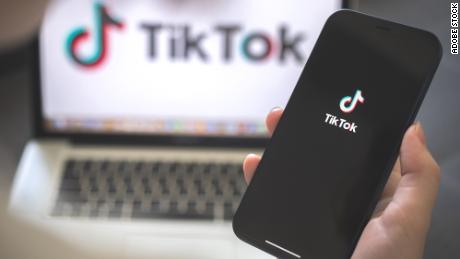Hong Kong (CNN Business)TikTok says it will exit Hong Kong, joining other big tech firms in expressing concern about operating in the Asian financial hub after China imposed a controversial national security law there.
"In light of recent events, we've decided to stop operations of the TikTok app in Hong Kong," a TikTok spokesperson confirmed to CNN Business. The news was first reported by Reuters.
It is unclear when TikTok ŌĆö which is owned by Beijing-based startup ByteDance ŌĆö will exit Hong Kong, and what that will mean for the app's users in the city. TikTok did not provide further details.
TikTok's decision to leave Hong Kong comes as the app tries to distance itself from China and its parent company, and as the US administration openly discusses banning it. ByteDance did not immediately respond to a request for comment about whether it planned to make its Chinese version of the app ŌĆö Douyin ŌĆö available to Hong Kong users.
TikTok's hiring of Disney (DISNEY) veteran Kevin Mayer in May was widely seen as a move ŌĆö at least in part ŌĆö to win over Washington.
But on Monday night, US Secretary of State Mike Pompeo said that the United States is "looking at" banning TikTok and other Chinese social media apps. People should only download TikTok "if you want your private information in the hands of the Chinese Communist Party," Pompeo said in an interview on Fox News.
"TikTok is led by an American CEO, with hundreds of employees and key leaders ... here in the US," TikTok said in a statement, adding that the app promotes "a safe and secure app experience for our users. We have never provided user data to the Chinese government, nor would we do so if asked."
TikTok has previously said that its data centers are located entirely outside of China, and that none of that data is subject to Chinese law.
The announcement about Hong Kong also comes after US tech companies Facebook (FB), Twitter (TWTR) and Google (GOOGL) said they would stop processing Hong Kong government requests for user data while they carry out an assessment of the new law.
Imposed last week by Beijing, the law criminalizes secession, subversion, terrorism and collusion with foreign powers. It marks a sweeping change that critics say is an attack on freedoms of speech and the press that have long existed in Hong Kong, but are prohibited in mainland China.
The vaguely defined rules broaden the power of officials to investigate, prosecute and punish both foreign nationals and citizens for a range of offenses, such as "inciting hatred" among Hong Kong residents towards mainland China.
New investigative powers also allow police to demand that publishing platforms and internet service providers remove information that undermines national security, according to a government statement published on Monday.
If the publisher fails to cooperate immediately, police could "seize the relevant electronic device and take any action for removing that information as soon as practicable," the statement said.
The law is a major shift for Hong Kong, which has been run under the "one country, two systems" principle since Britain formally handed authority of the territory back to China in 1997. The internet is not censored in Hong Kong and residents are able to access social media platforms such as Facebook, Whatsapp and Google, which have been long banned on the mainland.
Hong Kong has been a relatively small market for TikTok, according to a company spokesperson, who added that the does not share specific numbers about its user base.
In the United States and other western countries, though, the app has exploded in popularity since it launched in 2016, becoming the first Chinese social media platform to gain traction with users outside of its home country. It was downloaded 315 million times in the first three months of this year, more quarterly downloads than any other app in history, according to analytics company Sensor Tower.
The app has also recently hit a roadblock in one of its most important markets.
India last week banned TikTok and other Chinese apps, saying they pose a "threat to sovereignty and integrity." The ban follows broader, escalating tensions between the two countries following a border clash between the two countries last month that left at least 20 Indian soldiers dead.
India has been the biggest driver of new TikTok downloads, generating close to 660 million installs since its launch in 2017, according Sensor Tower.
ŌĆö Eric Cheung, Brian Rokus and Hadas Gold contributed to this report.


